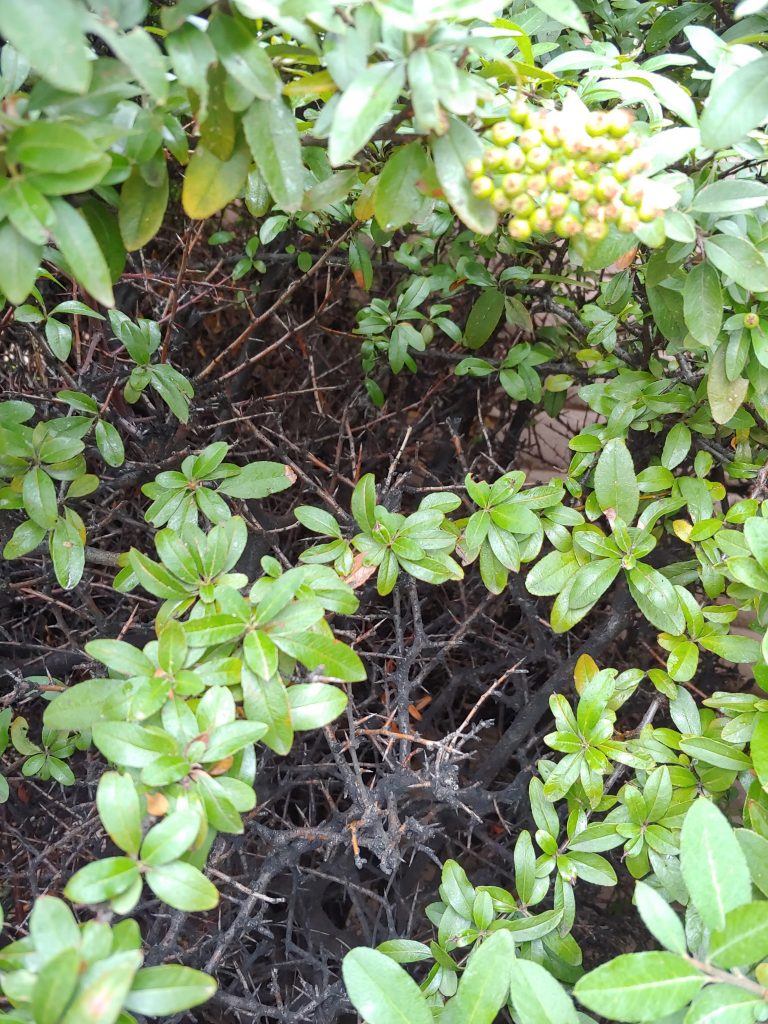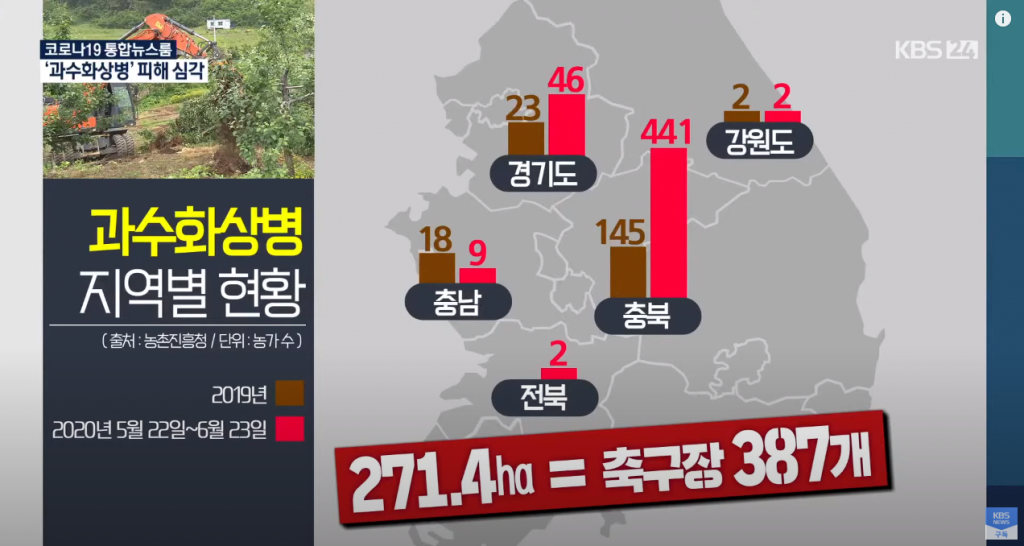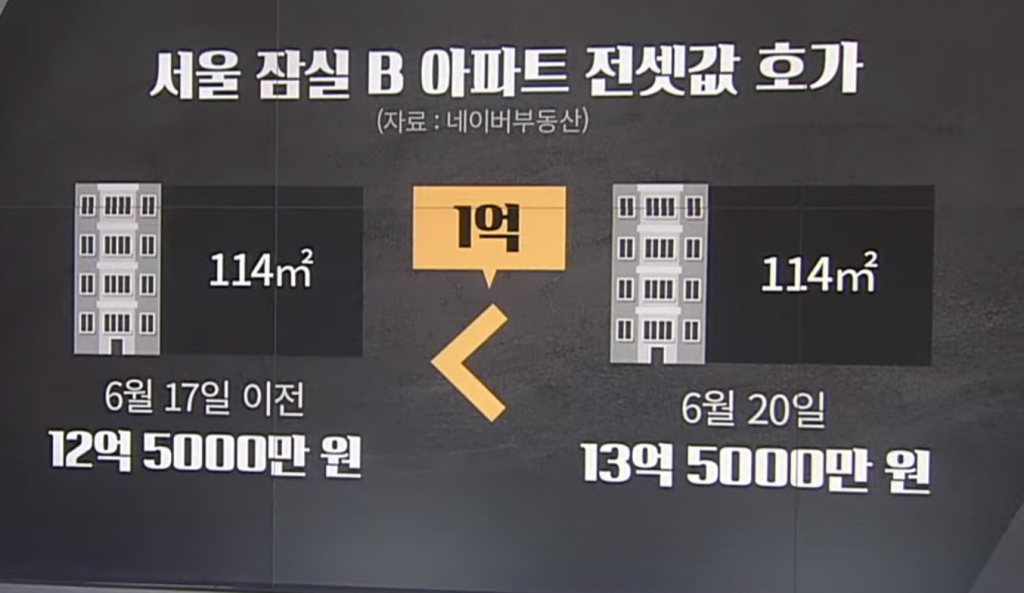原: 秋水/2 中 + 後漢書, 馬援傳, 等等
井蛙不可以語於海者,拘於虛也
同: 井蛙, 井底蛙, 埳井之蛙
井中之蛙 (정중지와, jǐngzhōng zhī wā, かんせいのあ) well / in / [of] / frog
A frog in a well. Referring to someone with a very narrow view of things due to ignorance. It comes from the saying, “a frog in a well doesn’t know about the great sea (井中之蛙 不知大海).”
This was near the end of Sin dynasty (新) which appeared after the end of Western Han dynasty (前漢). Wehyo (隗囂) of Nong-seo (隴西) maintained his relationship with King Gwangmu (光武帝) as an ally, but as King Gwangmu became more powerful he felt uneasy, and tried to form an alliance with Gongsonsul (公孫述) of Chok (蜀). Around that time, Gongsonsul had founded a country called Seong (成), and was calling himself an emperor (皇帝). The land of Chok was rich in natural resources, and the terrain made it a natural stronghold, so it was perfect to build up his power.
Wehyo decided to send Mawon (馬援) to Chok in order to find more about Gongsonsul. Mawon was born in Mureung (武陵) and he had moved to Nong-seo to avoid troubles after Wangmang (王莽) had died. After the move, he had accepted the request to become an advisor to Wehyo. Mawon was also a childhood friend of Gongsonsul.
Mawon eagerly looked forward to being received with a warm welcome by Gongsonsul, but he was met with a cold reception. Gongsonsul had been a king for four years, and he assumed a haughty attitude at the top of the stairs, and tried to give Mawon a government position. Of course, Mawon quickly made an exit and returned.
“The supremacy under heaven is yet to be decided, but instead of showing utmost courtesy to a capable person for advice on running a country, he only shows his haughtiness. One cannot discuss affairs of this world with such a person. He is a prideful frog inside of a well. It’s better to look to the East for going forward,” said Mawon to his entourage.
Mawon also said the same thing to Wehyo, and added, “He is merely a frog inside a well. You do not need to deal with him. I think it will be better to be more expectant from Han (漢).” With this, Wehyo gave up trying to form an alliance with Gongsonsul, and instead formed an amiable relationship with King Gwangmu, who would be the progenitor of the Eastern Han (aka Later Han.)
The expression “a frog in a well” was already widely in use before Mawon had used it. There is this narrative in Jang-ja (莊子): “A frog in a well can’t talk about the sea because it is inherently limited by the place (墟) it lives in. A summer bug wouldn’t be able to talk about ice because it only knows about the season of summer. You can’t talk about the Way (道) with someone who only knows about one thing because he is restricted by the limitation of his own learning.



